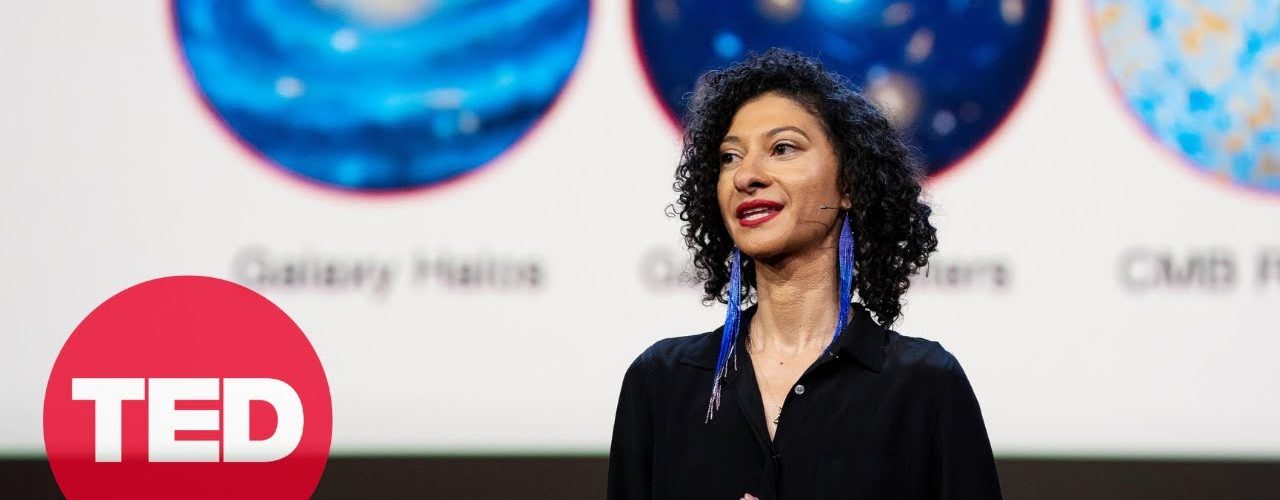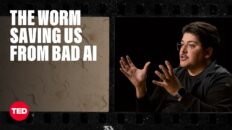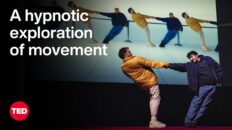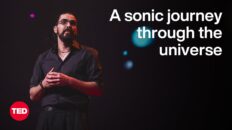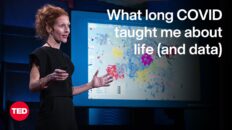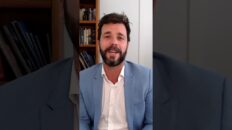The universe that we know, with its luminous stars and orbiting planets, is largely made up of elements we can’t actually see — like dark energy and dark matter — and therefore don’t fully understand. Theoretical physicist Chanda Prescod-Weinstein takes us inside the search for this cosmos-shaping invisible matter and explains how, with the help of a new generation of telescopes, we could be closer to demystifying it than ever before. “The universe is more queer and fantastical than it looks to the naked eye,” she says. (If you want to hear more from Prescod-Weinstein, check out her episode on “The TED Interview” podcast.)
If you love watching TED Talks like this one, become a TED Member to support our mission of spreading ideas: http://ted.com/membership
Follow TED!
Twitter: http://twitter.com/TEDTalks
Instagram: https://www.instagram.com/ted
Facebook: http://facebook.com/TED
LinkedIn: https://www.linkedin.com/company/ted-conferences
TikTok: https://www.tiktok.com/@tedtoks
The TED Talks channel features talks, performances and original series from the world’s leading thinkers and doers. Subscribe to our channel for videos on Technology, Entertainment and Design — plus science, business, global issues, the arts and more. Visit http://TED.com to get our entire library of TED Talks, transcripts, translations, personalized talk recommendations and more.
Watch more: go.ted.com/chandaprescodweinstein
TED’s videos may be used for non-commercial purposes under a Creative Commons License, Attribution–Non Commercial–No Derivatives (or the CC BY – NC – ND 4.0 International) and in accordance with our TED Talks Usage Policy (https://www.ted.com/about/our-organization/our-policies-terms/ted-talks-usage-policy). For more information on using TED for commercial purposes (e.g. employee learning, in a film or online course), please submit a Media Request at https://media-requests.ted.com
#TED #TEDTalks

